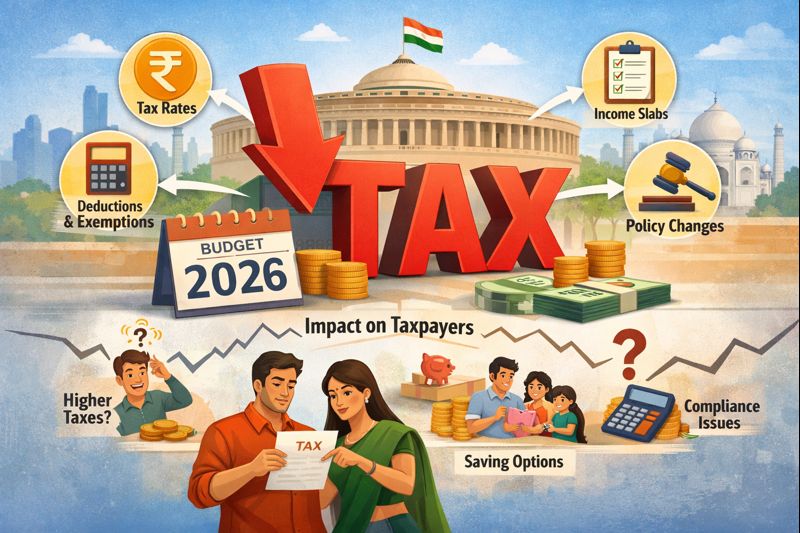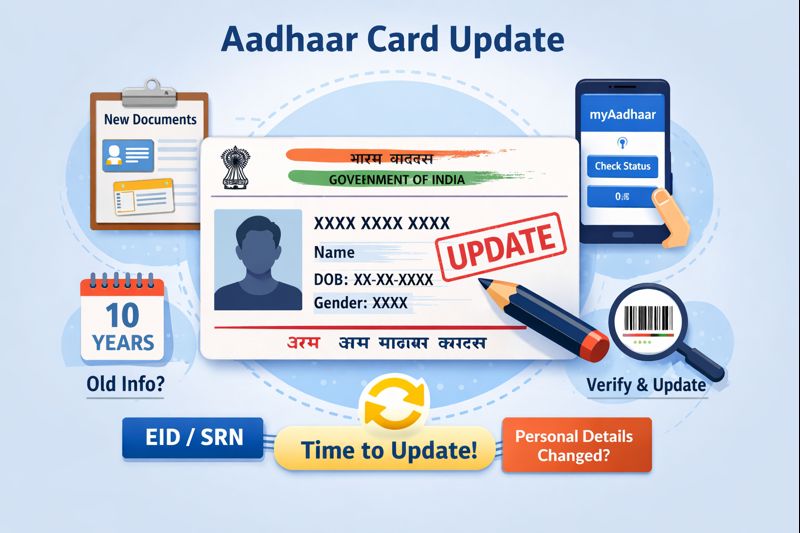On November 6th, 2024, the RBI (Reserve Bank of India) announced amendments to its Master Directions on KYC (Know Your Customer) guidelines with immediate effect. The Central Government made this announcement through a circular on November 6th to enhance security, promote transparency, and improve risk management in the financial sector.
The amendment to the Master Direction on Know Your Customer (KYC) from 2016 requires regulated entities (REs) to apply the customer due diligence (CDD) process at the unique customer identification code (UCIC) level. These updates are part of the central bank’s efforts to align the KYC guidelines with recent changes in related legal frameworks. It includes the Prevention of Money Laundering, and the Unlawful Activities (Prevention) Act, of 1967.
What is KYC (Know Your Customer)?
It’s a process used by financial institutions in order to verify the identities of their customers. It plays a crucial role in preventing illegal activities like money laundering and terrorist financing, which can threaten the financial system. Through background checks, KYC helps organizations ensure their customers are not engaged in unlawful actions, safeguarding both the institution and the client.
RBI (Reserve Bank of India) latest Amendments to KYC Rules
- Customer Acceptance Policy (Paragraph 10)
- Regulated entities (REs) must apply the Customer Due Diligence (CDD) process at the unique customer identification code (UCIC) level. This means that if a customer who already complies with KYC wants to open another account or use a new service, no new identification process is needed.
- High-Risk Accounts (Paragraph 37)
- The explanation regarding intensified monitoring for high-risk accounts has been moved to the relevant section of Paragraph 37.
- KYC Updates (Paragraph 38)
- The term “updation” has been clarified as “periodic updation” to provide clearer guidance on how often KYC information should be updated.
- Sharing KYC Information (Paragraph 56)
- Regulated entities are now required to upload and update KYC data on the Central KYC Records Registry (CKYCR) when periodic updates occur or when new information is received. If the KYC information changes, it must be updated within seven days. Following that CKYCR will notify other entities about the update.
- KYC Identifier (Paragraph 56)
- When verifying or updating a customer’s identity, entities can retrieve the customer’s KYC records from CKYCR using a KYC Identifier. No further documents will be needed unless there are changes in the customer’s information, the records are incomplete, or the documents have expired.
- Changes in Terminology
- The designation of the Central Nodal Officer for the Unlawful Activities (Prevention) Act (UAPA) has been updated from “Additional Secretary” to “Joint Secretary” in Annex II. Additionally, all references to “section” in the Master Direction on KYC have been changed to “paragraph.”
Benefits of KYC for Customers in India
- Improved Security
- KYC protects customers from identity theft and financial fraud by verifying their identity with financial institutions.
- Easier Processes: Once KYC is done, customers can access multiple services without needing to repeat the verification each time.
- Broader Access to Services: KYC allows customers to easily open bank accounts, invest in mutual funds, apply for loans, and claim government benefits.
- Quicker Transactions: Since the information is already verified, KYC accelerates the process of account opening and other financial tasks.
- Regulatory Compliance: KYC ensures customers meet all necessary legal and regulatory standards, keeping their financial activities in check.
- Reduced Fraud Risk: By verifying identities, KYC helps stop money laundering, terrorist financing, and other illegal activities.
- Builds Confidence: KYC promotes trust between customers and financial institutions by ensuring transactions are with verified individuals.
- Better Customer Support: Institutions can offer more personalized and efficient services to customers who have completed their KYC, as their information is already up to date.
How to Stay Complaint with New KYC Rules 2024?
To remain compliant with the updated KYC rules, customers should ensure their personal details and KYC documents are accurate, complete, and regularly updated. This includes confirming that identification documents like Aadhaar, passport, or Voter ID are valid and ensuring address and contact information are latest. If a bank detects any inconsistencies or suspicious activity in a customer’s profile, they may request additional documentation. Customers must respond promptly to these requests in order to prevent disruptions, such as account freezes or loss of access to certain services.
Furthermore, as KYC regulations may change over time, customers need to stay informed about any updates or new requirements. Keeping in touch with your bank or subscribing to notifications about regulatory changes will help you stay ahead of compliance needs, ensuring a seamless banking experience. By taking a proactive approach, customers can avoid penalties and contribute to maintaining the security and trust of the financial system.
Final Thoughts
The recent amendments by the RBI mark a major move towards creating a safer and more efficient banking system. These changes aim to reduce fraud, enhance digital accessibility, and improve transparency, benefiting both customers and financial institutions. Whether you’re a current customer or new to banking, staying updated on these changes is essential to effectively navigate the revised KYC guidelines.
Sources: msn.com







